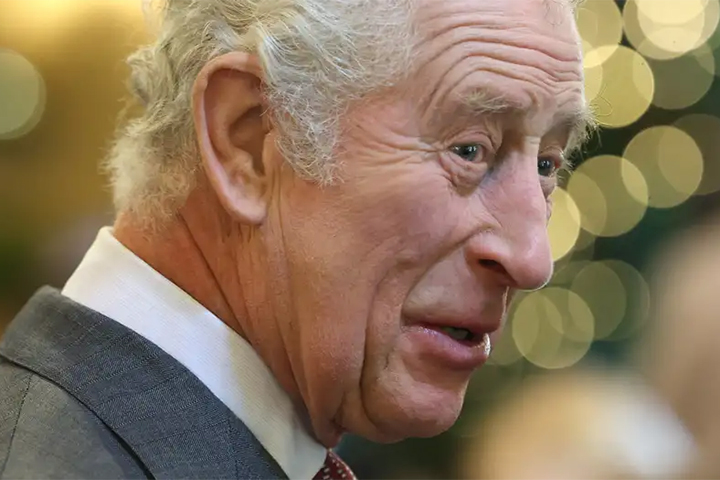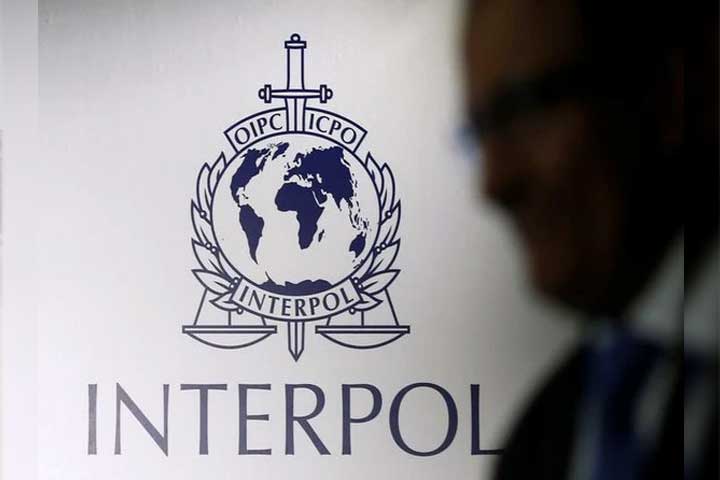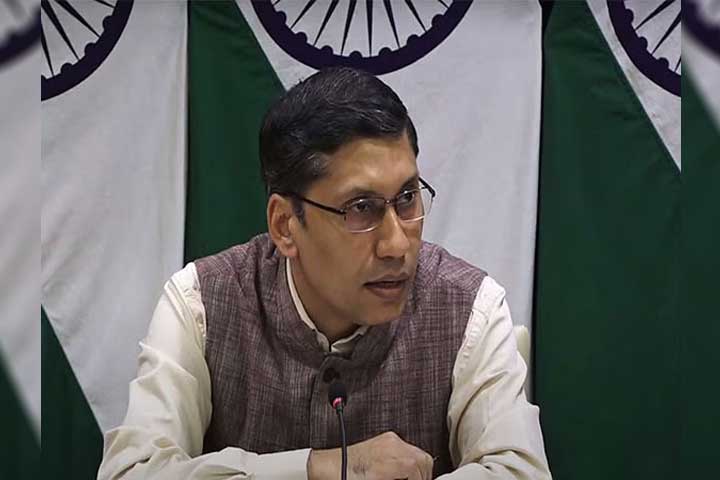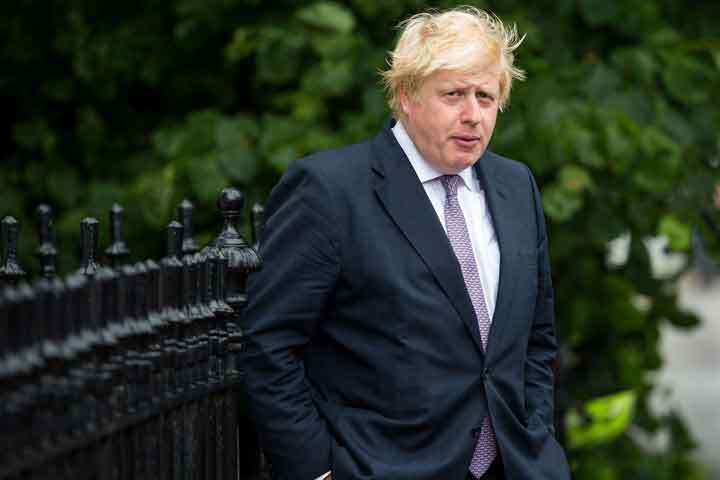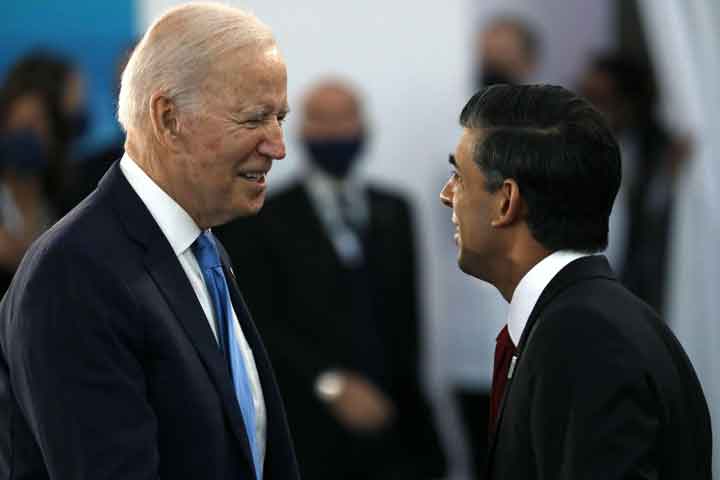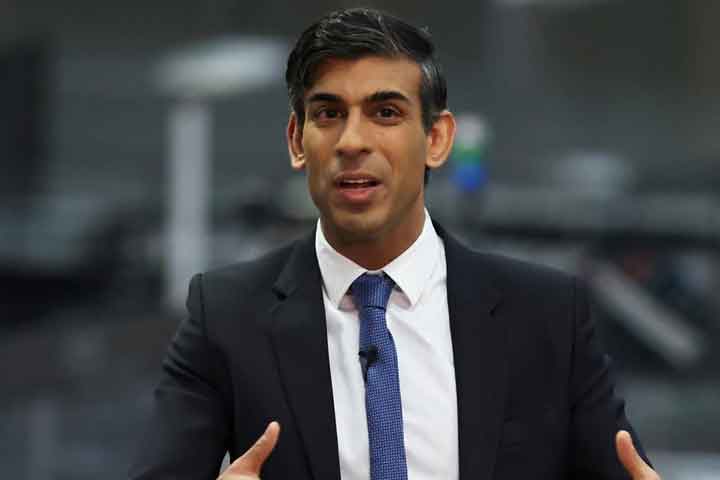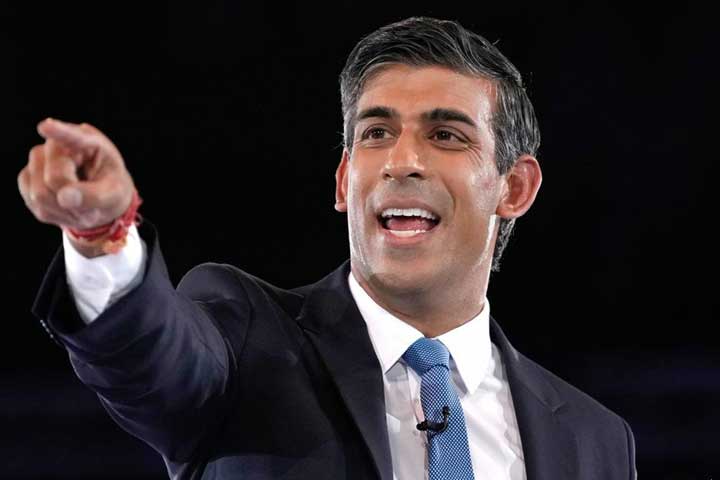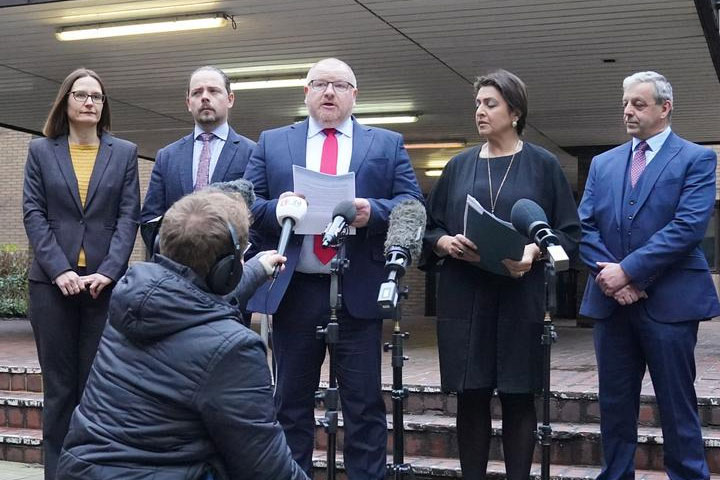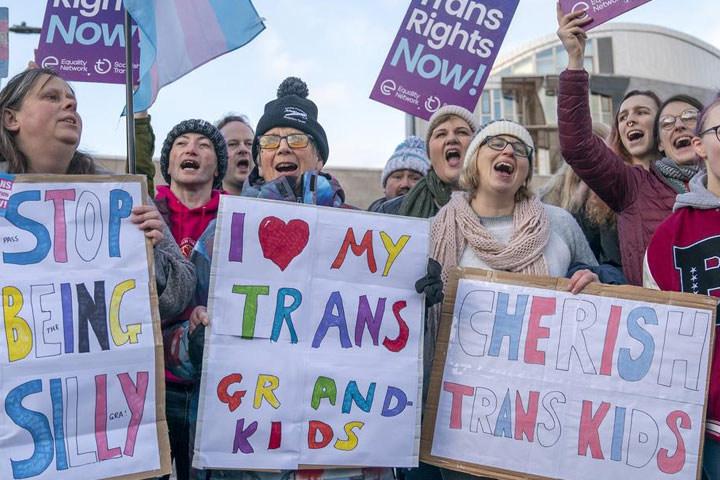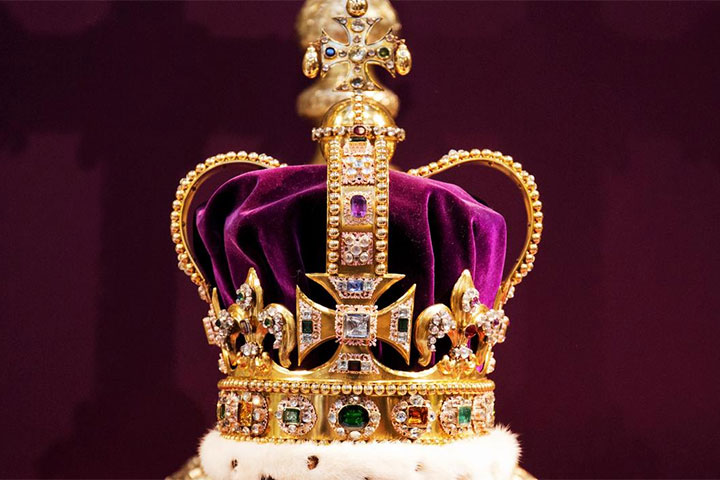Interpol has issued red corner notices against two gangsters, Vikramjit Singh and Kapil Sangwan, based in the UAE and the UK, respectively.
Interpol has updated its website regarding both gangsters.
Vikramjit Singh alias Vikram Brar is suspected to be hiding in Dubai. He is a close associate of Lawrence Bishnoi gang and runs operations of the gang overseas.
Kapil Sangwan runs his own gang in Delhi NCR. He is also closely associated with the Bishnoi gang. Both fugitives have fled India and are running Bishnoi's network from abroad.
In June 2021, Delhi Police requested the CBIInterpol branch to issue a red corner notice (RCN) against gangster Kapil Sangwan, alias Nandu.
According to the cops, Kapil has been making several extortion calls from the United Kingdom.
Most of the cases against Bishnoi and his gang have now been handed over to NIA.
NIA in its investigation, has learned that there was direct contact between the Bishnoi gang and Khalistan supporters.
- Dhaka Thu, 09 MAY 2024,

 Live Tv
Live Tv
